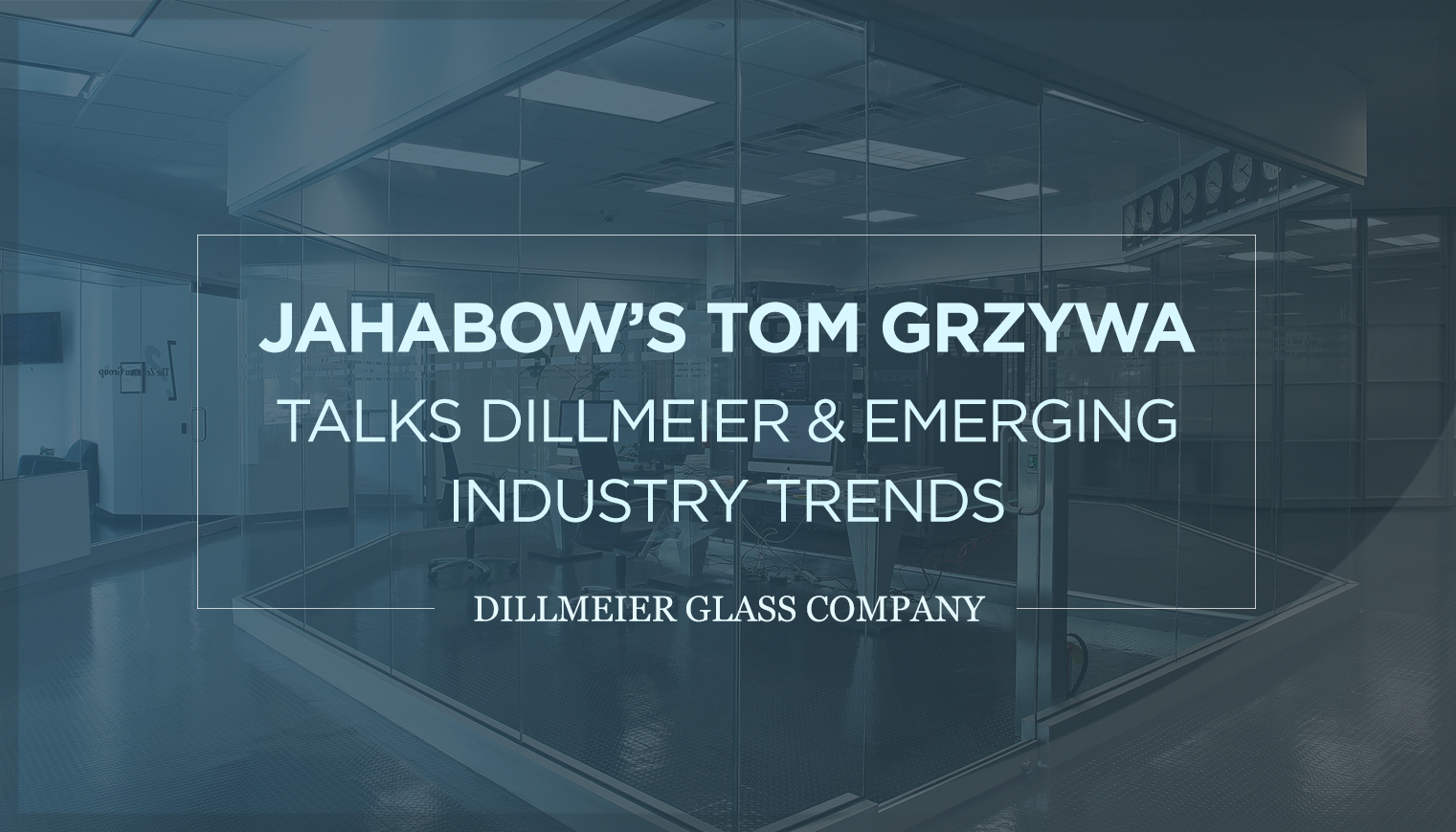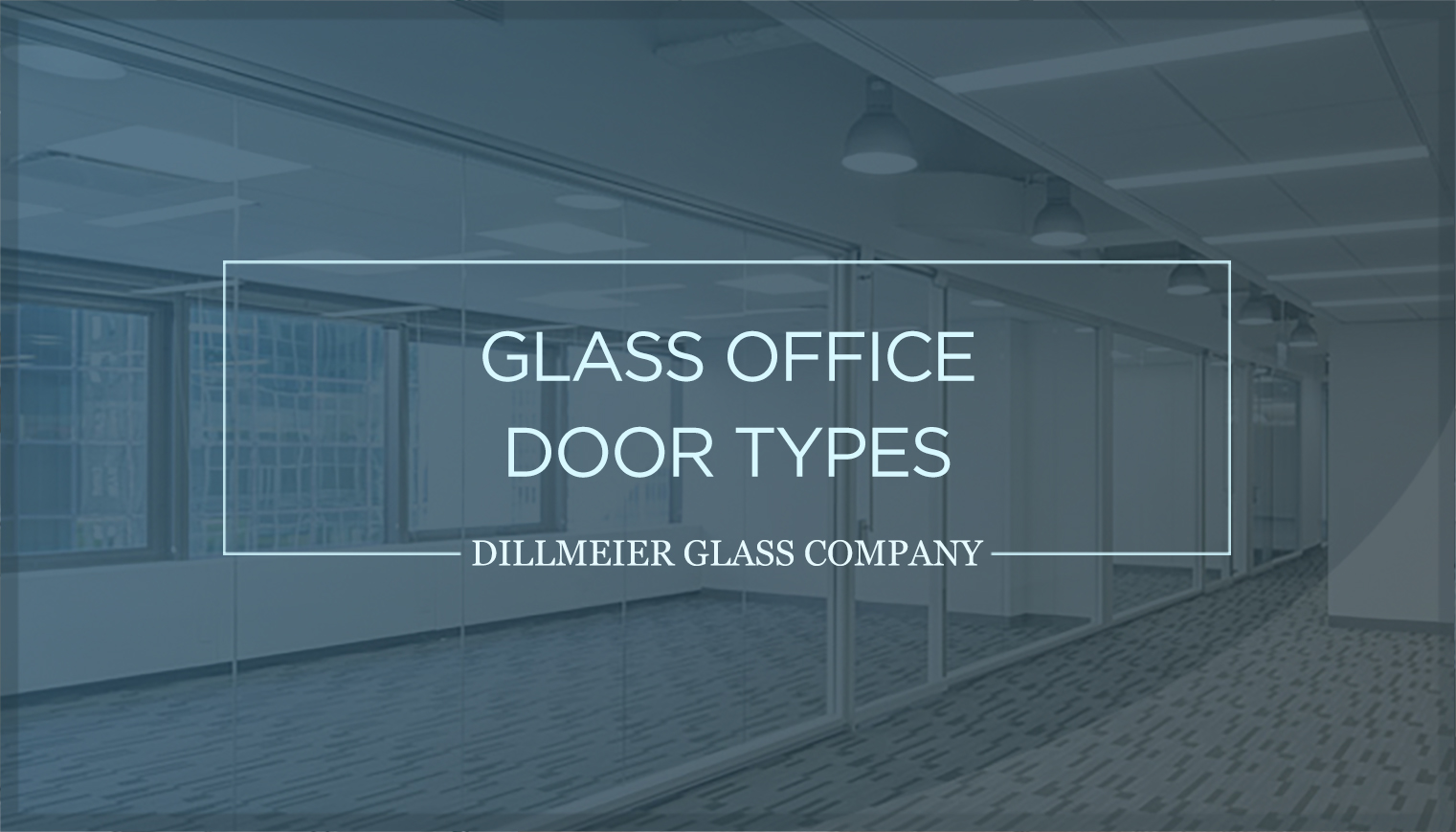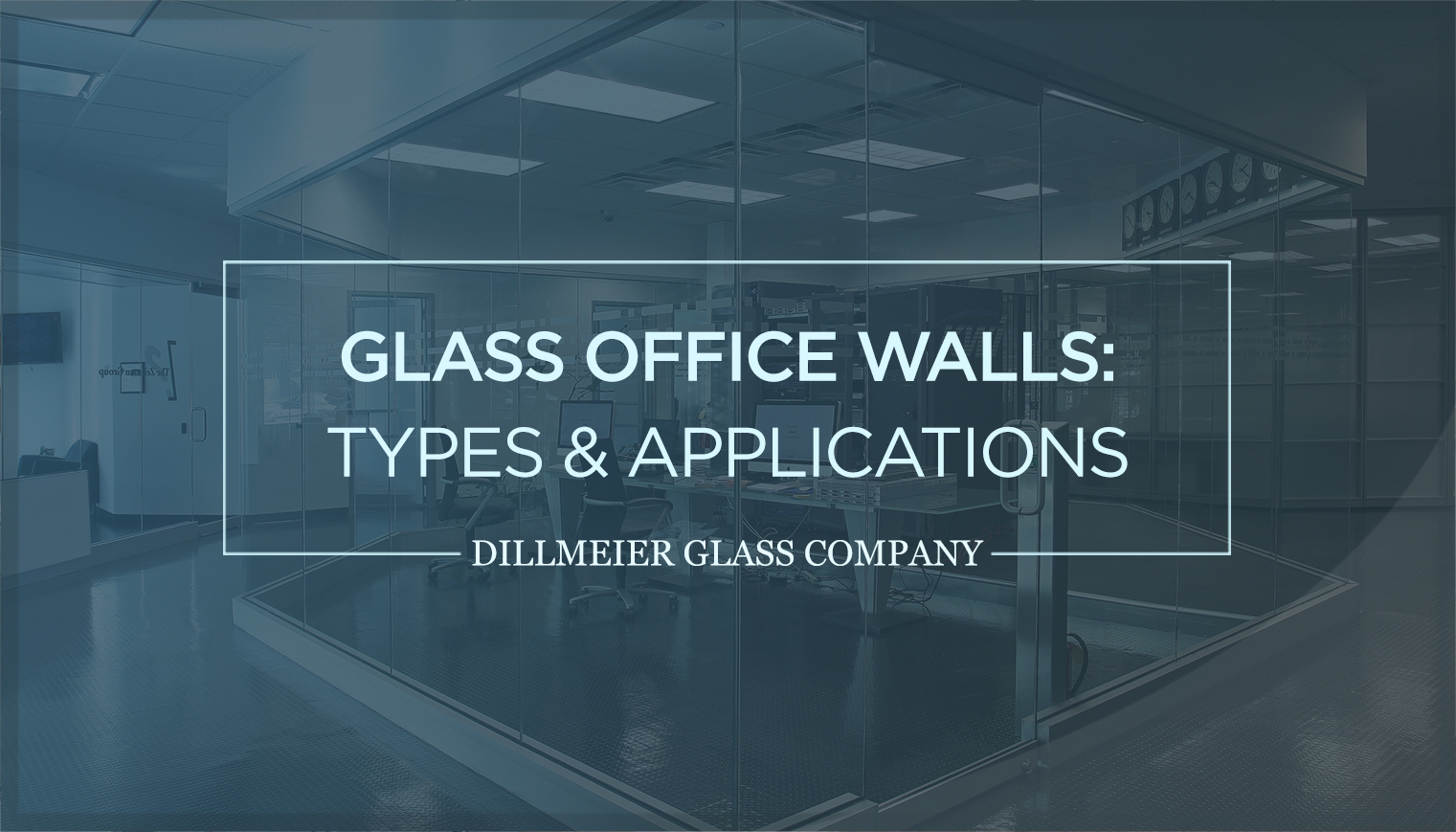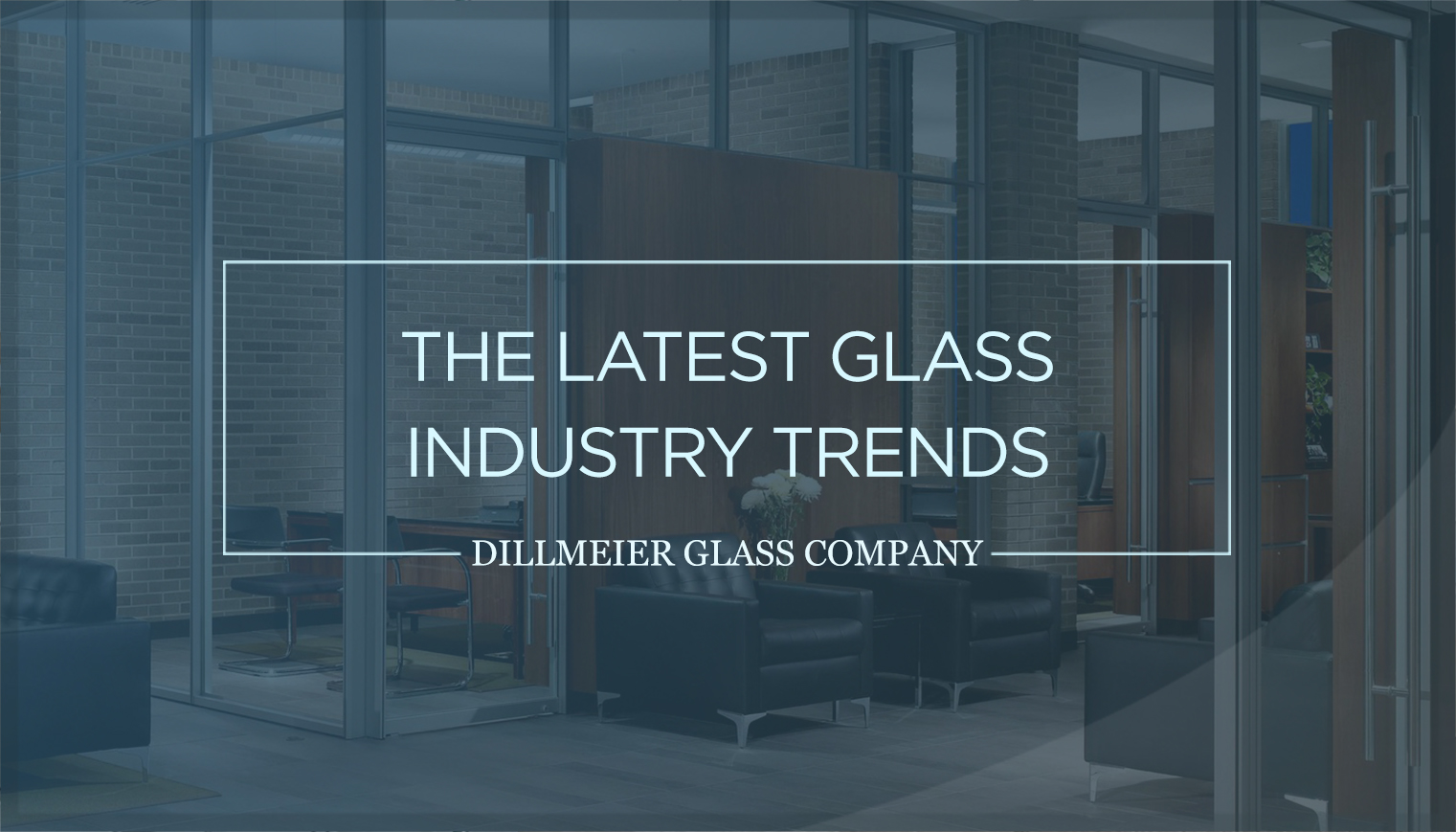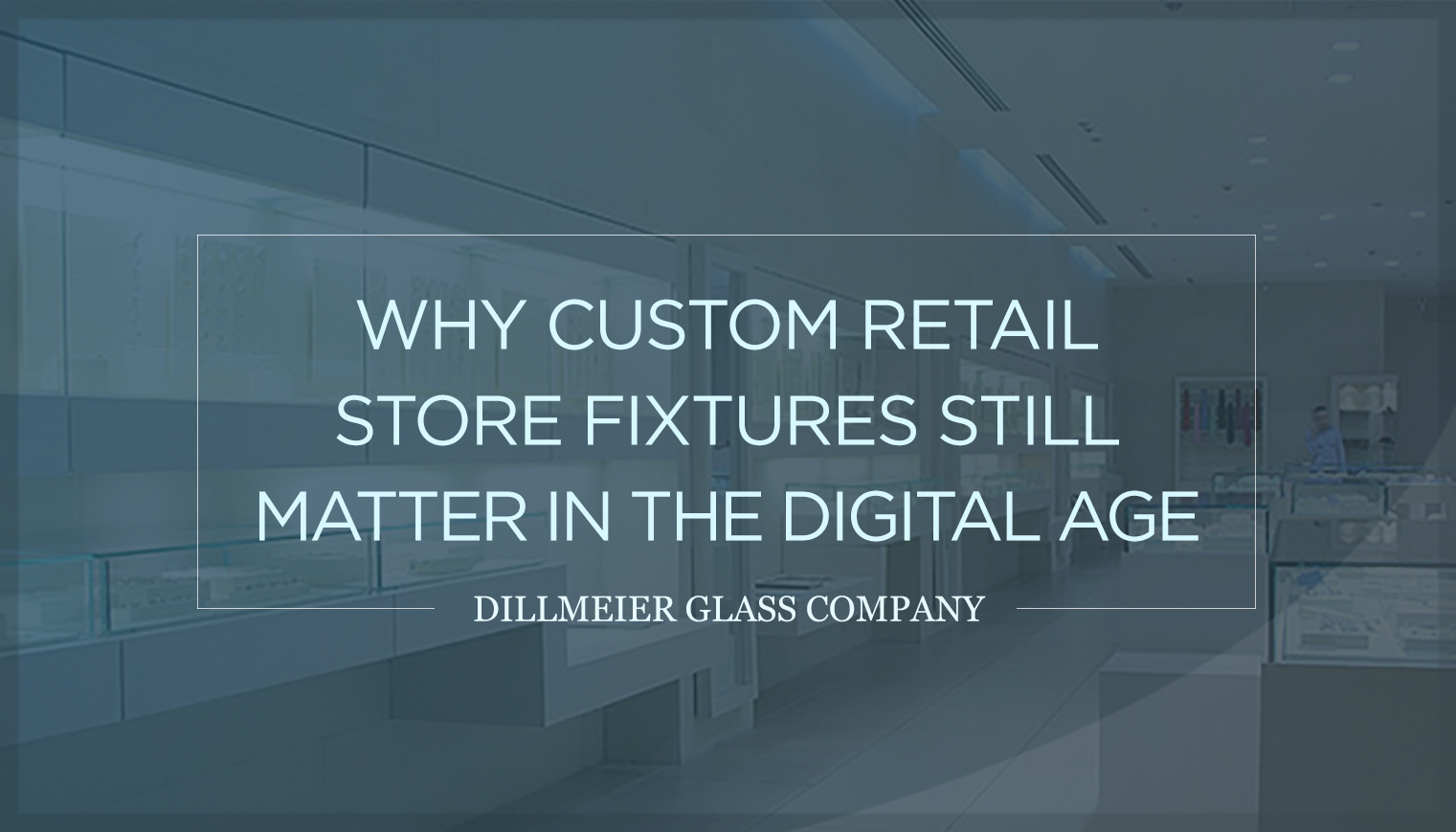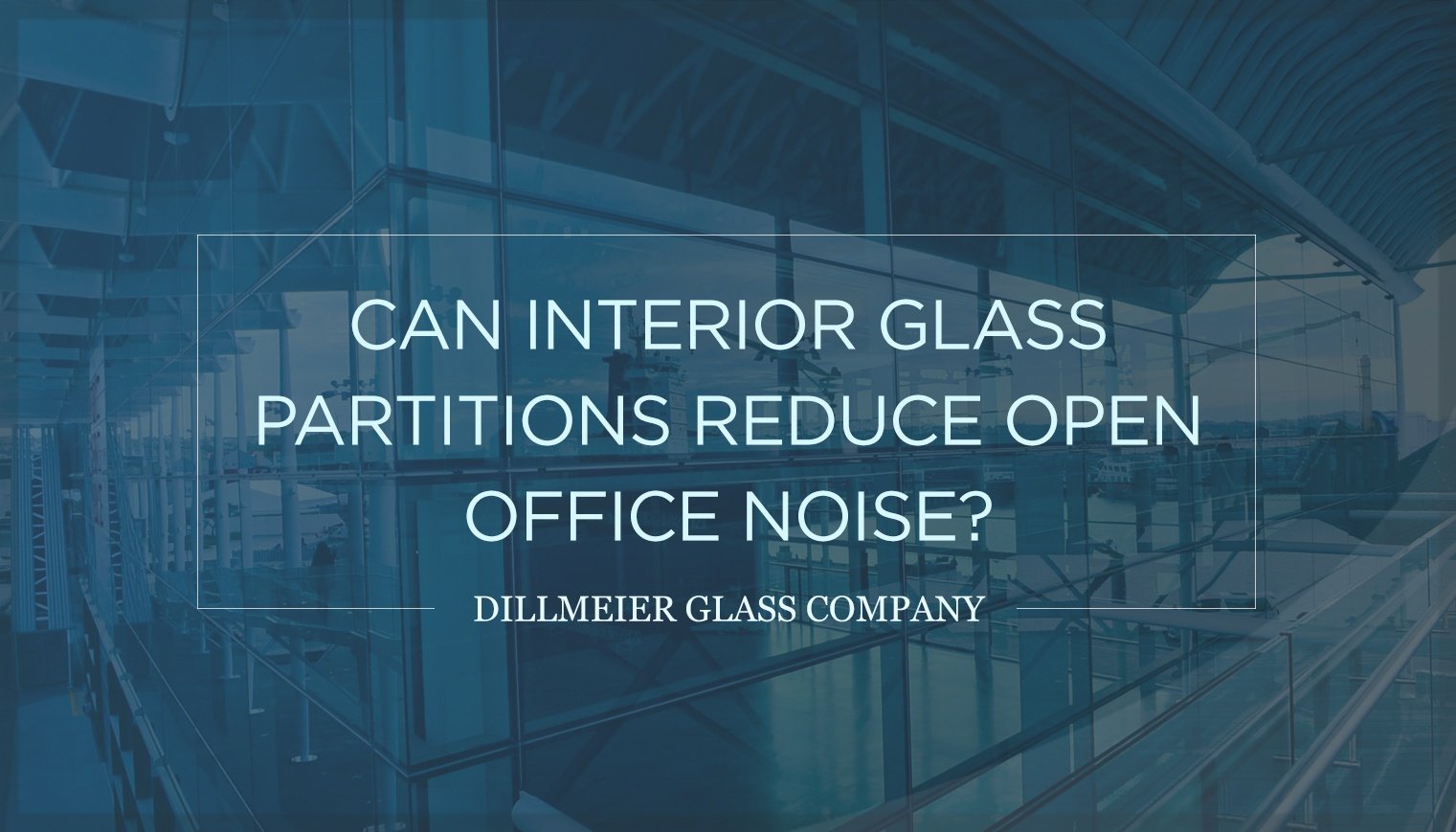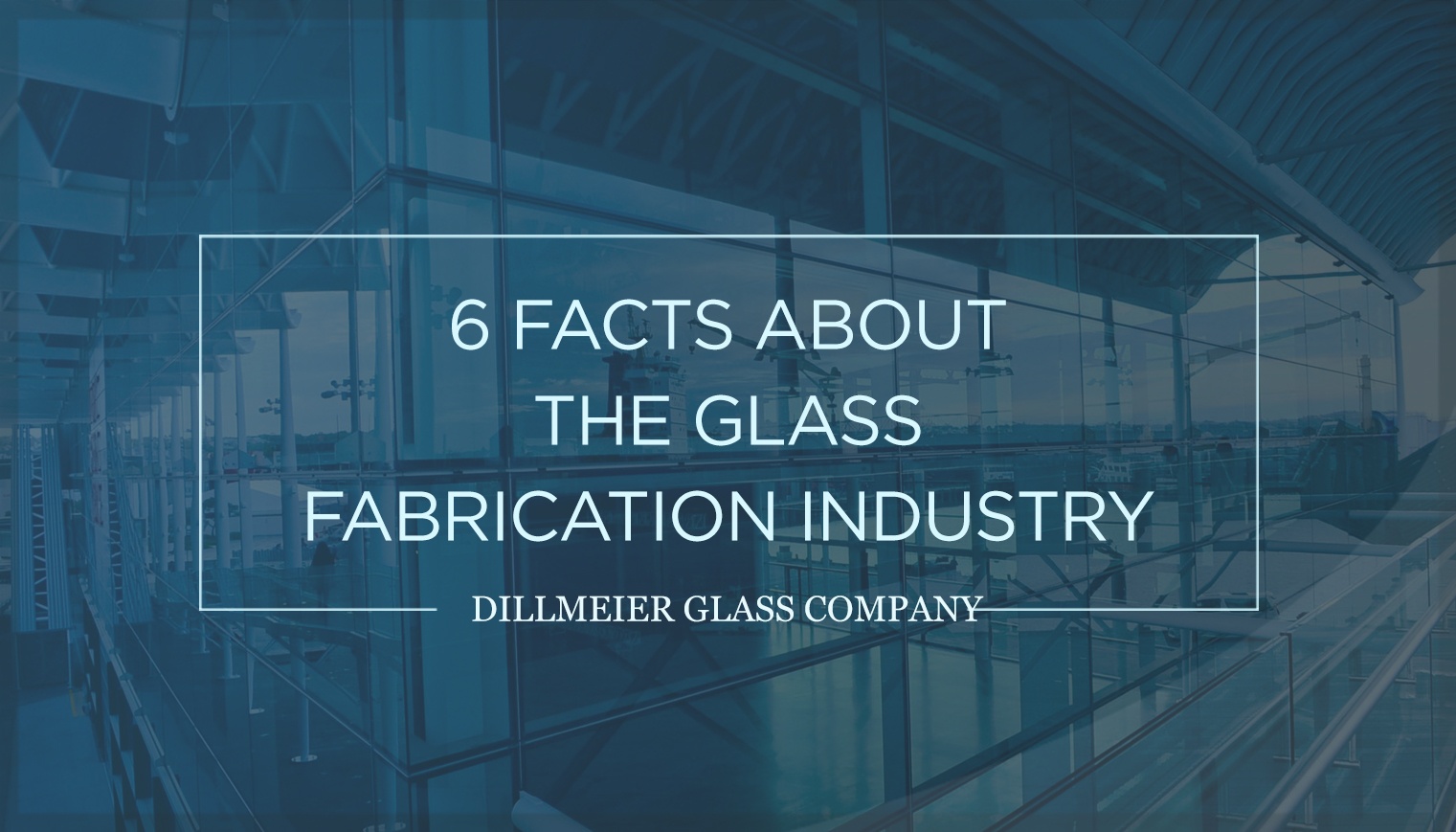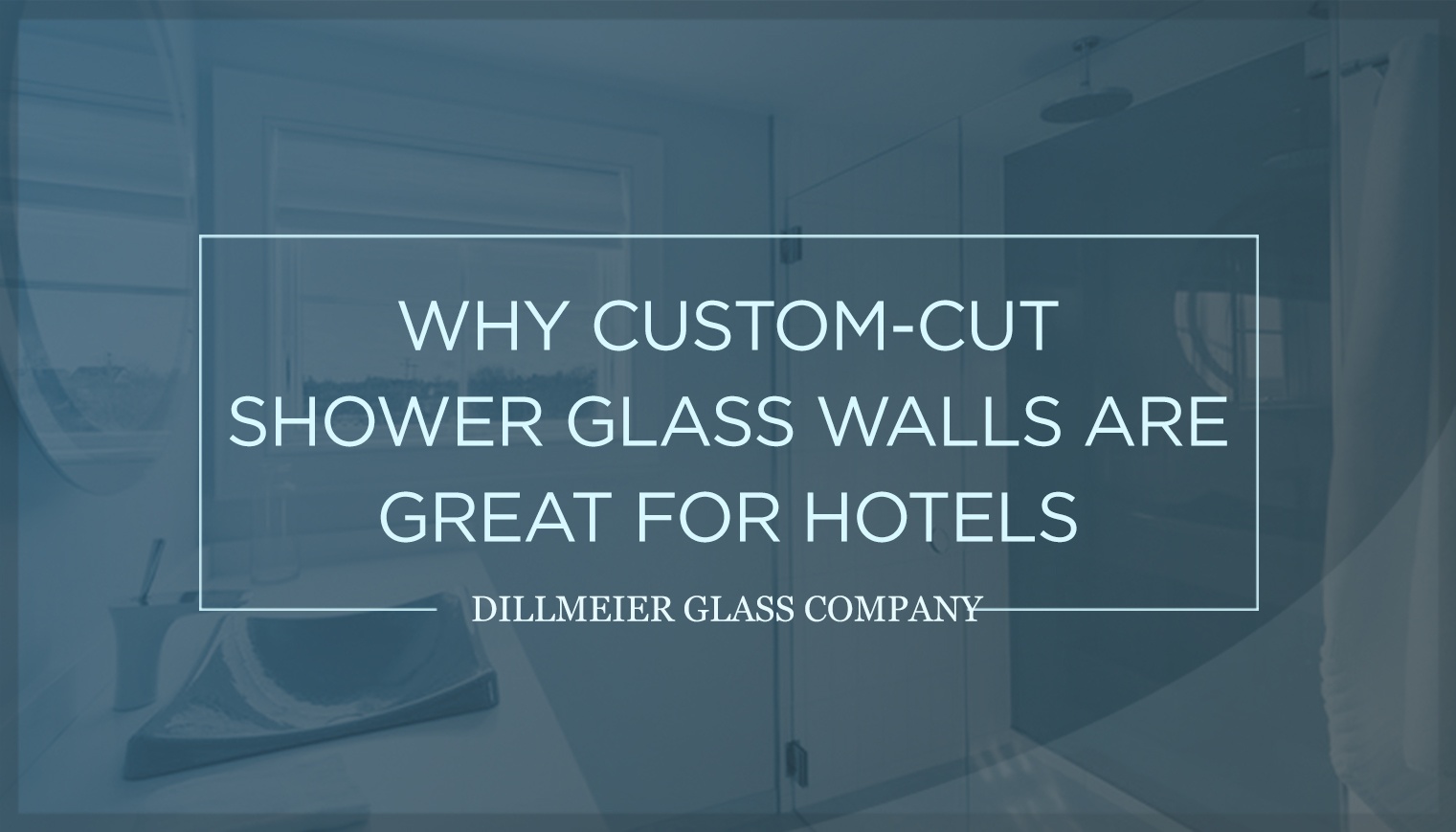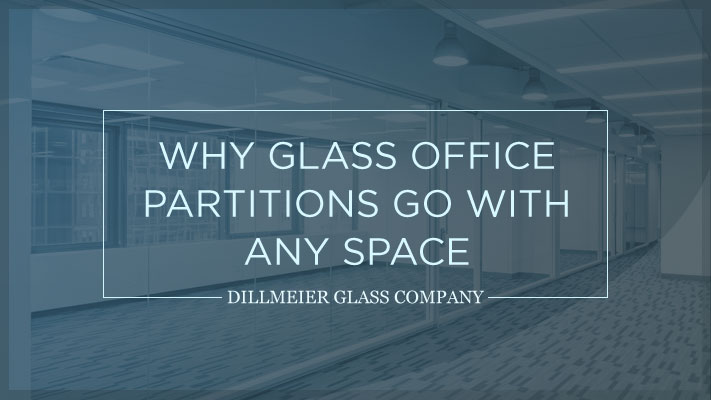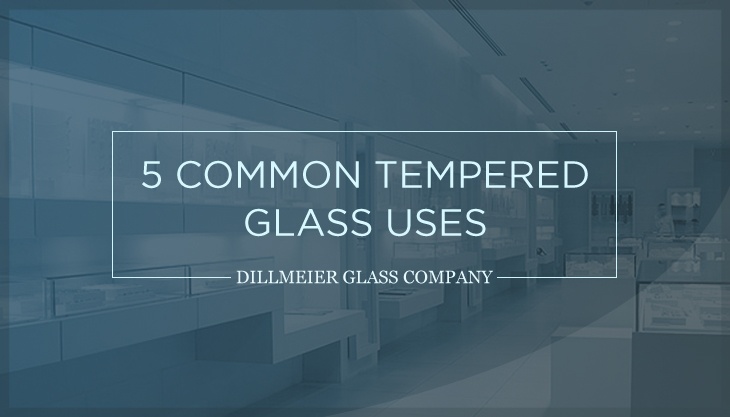Jahabow’s Tom Grzywa Talks Dillmeier & Emerging Industry Trends
If there’s one thing Tom Grzywa has learned from 30 years in the retail fixture business, it’s that security and transparency go hand in hand.
For more than 25 years, Grzywa has worked with Dillmeier Glass as a commercial glass fabrication partner to source top-quality lites for retail fixtures and other fabrication projects. Most recently, that partnership has flourished at Jahabow, where Grzywa works as vice president of the retail fixtures division. There, he’s overseen the manufacturing and sales for Jahabow’s full line of glass display cases and cabinets, ranging in application from sporting goods stores to luxury retailers.
Starting on the operations side of the business and eventually transitioning into sales and his current position, Grzywa has gained an appreciation for the people behind the business, whether in partner companies, or Jahabow’s factory in Missouri.
His extensive career has also provided an ideal vantage point to observe the many changes and trends that have emerged throughout the past three decades and will continue to push the industry forward into the foreseeable future.
Foremost among these are an increased need for security to stave off crime, and improved fixture mobility to help provide a flexible customer experience.
According to Grzywa, “smash-and-grab” crime—theft that includes destruction of a product display case to access valuable products—is on the rise.

